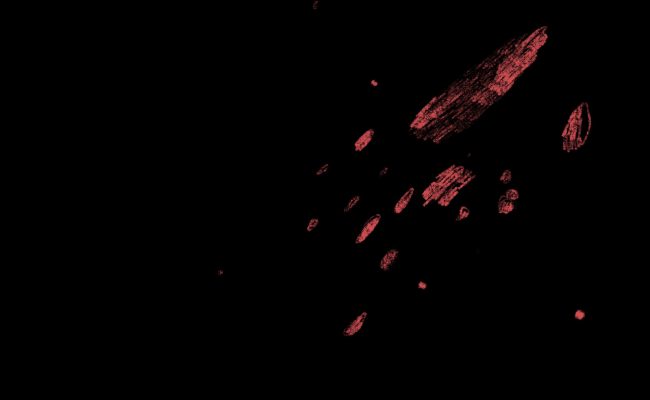As though from the belly of the old lady who swallowed an ouroboros come carrier pigeons defecating messages on the city walls about how automagically the world is filled with machinism, a reborn unknown third nature habitat of fright or flight of fancy. There at the gates of this netropolis stands the prophet like a global Potemkin village fool, crying the wolf is in nude clothing. Cut and rewind back to the time of neoism, the somewhat forgotten movement which co-opted the anti-logic of planned obsolescence for the art world, a move which has come now hither to influence this essay’s co-opting of neoism to the field of identity discourse. I do so to suggest that man has stopped his search for meaning in the face of Murphy’s fate and replaced it with the will for identity. The meaning equation x=x` becomes Identity question ?=I. This to me is an attempt to deal with the epistontological insecurity inherent in millennial liminal fixations. Now let’s time-travel to psych 101, circa 2006, where I find dear Erik Erikson explaining his concept of moratorium, a graceless grace period during which the adolescent is relatively free to try on all manner of masks and to choose, in a best case scenario perhaps, to which persona he will get glued with morning cum and chewing gum. Scroll back up a little and reanimate neoism to see how the current fascination with all things spreading that new status symbol smell, is also this kind of moratorium made permanent, a process-state a writer of my certain temperament can use to explain a whole circus of phenomena, from childfree polyamory through the fomography of soon to set sun or sooner settling chow, arriving or not at rampant imposter syndrome, with its evil twin brothers, depersonalisation and derealisation. The whole of these positions expresses liminality sans communitas, where the Homo Heterogeneous is forever in media res, facing a mise en abyme of Rorschach blotted smoky mirrors, a world seen through looking glass neurons neurosis. If the personal God was killed over a century ago, to be substituted in the New Age with the anthropomorphic amorphousity of universal consciousness and the like, then today at the many hands of Kali Yuga the personal Man, of reality lost, is displaced in favour of augmented realitivity, empire of the segmented. This is the life form of content and context equations, where the sum of a particular being’s particularly consumed pop culturisms leak inside and from the ego skin through filter bubbles blown by double uX2 cobweb editing, which is removed even farther than its telecinematic predecessor in relation to the continuous containing of this or that other. The scripture of this god gone religion is written by each subjectivity into his technologies, soon to be sung back to him in a more moralistic manipulation of his own thememes and virtual variations, at times echoing from the selfsame gadget. In its past society tried to create a humanity being that will be as understandable as possible by as many bystanders imaginable, today it finds that the mechanical viewer has moved beyond entertainment entrainment, to train his selfhood via a vaporware I call a reelificator. In it, false self consciousness finds relief as fictitious truth, wafting on the internetional cloud of disknowing, a symbolholic quantum entity inhabiting parallel dimensions, between public anonymity in IRLand and the identity tourism of liminal social media, becoming a community of personalities split almost to self-estrangement throughout the various applications and devices. I believe that as climate changes objective reality back from amorphous channels to the basics of umbilical www cables, the subject will have to eventually re-enter the heresphere, but as a learned and methodical actor, not creator, not extra nor stunt double, an actant well versed in Stanislavsky or Chebek principles, who can remember at long least which way one is to take as the post-anthropocenic route from one scene to the end of this essay.
Read the rest of Overland 238
If you enjoyed this piece, buy the issue




